-
 bitcoin
bitcoin $87959.907984 USD
1.34% -
 ethereum
ethereum $2920.497338 USD
3.04% -
 tether
tether $0.999775 USD
0.00% -
 xrp
xrp $2.237324 USD
8.12% -
 bnb
bnb $860.243768 USD
0.90% -
 solana
solana $138.089498 USD
5.43% -
 usd-coin
usd-coin $0.999807 USD
0.01% -
 tron
tron $0.272801 USD
-1.53% -
 dogecoin
dogecoin $0.150904 USD
2.96% -
 cardano
cardano $0.421635 USD
1.97% -
 hyperliquid
hyperliquid $32.152445 USD
2.23% -
 bitcoin-cash
bitcoin-cash $533.301069 USD
-1.94% -
 chainlink
chainlink $12.953417 USD
2.68% -
 unus-sed-leo
unus-sed-leo $9.535951 USD
0.73% -
 zcash
zcash $521.483386 USD
-2.87%
How to verify a smart contract on BscScan or Polygonscan?
Verifying smart contracts on BscScan or Polygonscan ensures code transparency, builds trust, and allows auditing of token logic and critical functions.
Jul 17, 2025 at 07:43 am
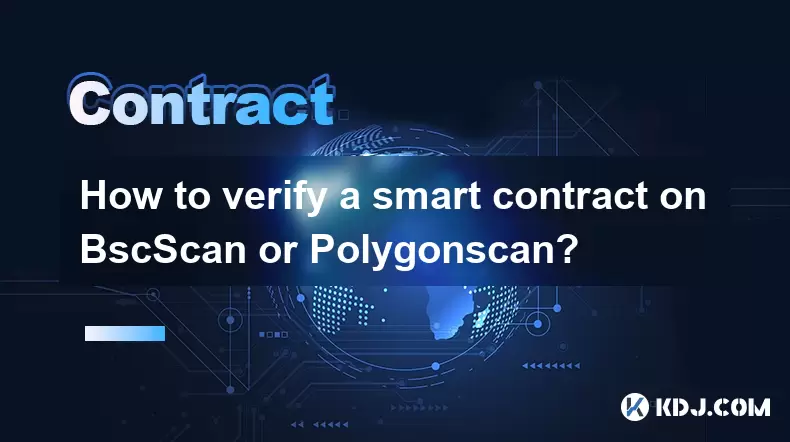
Understanding the Importance of Smart Contract Verification
Verifying a smart contract on BscScan or Polygonscan is a crucial step for developers and project teams deploying contracts on Binance Smart Chain (BSC) or Polygon (Matic). The process ensures that the source code published on these explorers matches the actual bytecode deployed on the blockchain. This transparency builds trust among users, auditors, and investors.
Why verify your contract? Verified contracts allow anyone to read and audit the logic behind token transfers, ownership functions, and other critical operations. It helps prevent scams and promotes accountability in decentralized finance (DeFi) and Web3 ecosystems.
Prerequisites Before Verifying Your Contract
Before initiating verification, you must have specific information ready:
- Contract address: The deployed address on BSC or Polygon.
- Compiler version: The Solidity compiler used during deployment.
- Optimization settings: Whether optimization was enabled and how many runs were set.
- Source code files: The full original Solidity code, including all imported libraries.
- Constructor arguments: These may be encoded if passed during deployment.
Ensure that your contract has been successfully deployed and is visible on BscScan or Polygonscan. If the transaction isn’t confirmed or indexed yet, wait until it appears before proceeding with verification.
Step-by-Step Guide to Verify a Contract on BscScan
To verify a contract on BscScan, follow these steps:
- Go to BscScan and search for your contract address.
- Click on the contract address to open its details page.
- Navigate to the 'Contract' tab located at the top of the page.
- Click the 'Verify and Publish' link under the contract information section.
- Select the correct compiler version used during deployment from the dropdown menu.
- Choose whether optimization was enabled and specify the number of runs if applicable.
- Paste your entire Solidity source code into the text box provided.
- If constructor arguments were passed during deployment, ensure they are correctly entered in their encoded form.
- Click the 'Verify' button and wait for the system to process your request.
If verification fails, double-check your compiler version, optimization settings, and source code formatting. Even minor differences can cause mismatches between the on-chain bytecode and the submitted source code.
Step-by-Step Guide to Verify a Contract on Polygonscan
The verification process on Polygonscan follows a similar structure:
- Visit Polygonscan and enter your contract address in the search bar.
- Open the contract details by clicking on the address.
- Switch to the 'Contract' tab displayed at the top of the screen.
- Locate and click the 'Verify Contract Code' option.
- Fill in the required fields such as contract name, compiler version, and optimization settings.
- Upload or paste your Solidity source code, ensuring that all imports and dependencies are included.
- Provide any encoded constructor arguments if needed.
- Submit the form and wait for Polygonscan to validate the contract code.
Note that Polygon uses the same Solidity compiler versions as Ethereum. Make sure to match the exact compiler version used when deploying via tools like Hardhat or Truffle.
Tips for Successful Smart Contract Verification
To increase the chances of successful verification, consider the following best practices:
- Use deterministic compilation: Tools like Hardhat or Truffle should be configured to produce deterministic builds.
- Flatten your contracts: Combine all imported files into one using tools like
hardhat-contract-sizeror online flattener services. - Keep constructor arguments simple: Avoid dynamic types; use static values for easier encoding and decoding.
- Double-check file order: Some explorers require files to be ordered in a specific way when submitting multiple files.
Avoid manually editing code after deployment, as even whitespace changes can lead to verification failures. Always keep a copy of the exact code used during deployment.
Frequently Asked Questions
Can I verify a contract without the source code?No, verification requires the original source code to ensure it compiles to the same bytecode deployed on-chain. Without it, verification cannot succeed.
What happens if my contract fails verification?You can retry the process by correcting compiler settings, optimization flags, or source code formatting. Multiple attempts are allowed.
Is there a fee for verifying a contract?Verification itself is free on both BscScan and Polygonscan. However, some third-party tools or services might charge for assisting in the process.
How long does verification take?Once submitted, verification typically completes within a few seconds to a minute. Delays are rare unless there's high server load or incorrect data submission.
Disclaimer:info@kdj.com
The information provided is not trading advice. kdj.com does not assume any responsibility for any investments made based on the information provided in this article. Cryptocurrencies are highly volatile and it is highly recommended that you invest with caution after thorough research!
If you believe that the content used on this website infringes your copyright, please contact us immediately (info@kdj.com) and we will delete it promptly.
- Butuo County Puts the Brakes on Virtual Currency Mining: Sichuan's Latest Crackdown
- 2026-02-05 15:55:01
- Beyond the Neon Glow: Ethereum Casinos Set New Standards for Fair Play, Fees, and Speed
- 2026-02-05 15:30:07
- CME Group Navigates Crypto Tides: Own Coin, 24/7 Trading Amidst Market's Reckoning
- 2026-02-05 16:05:01
- Bitcoin Faces Liquidity Test Amid Shifting Institutional Support Landscape
- 2026-02-05 13:05:01
- Volkswagen Tayron R-Line 7-Seater: A New Era of Luxury Family SUV Hits India
- 2026-02-05 13:00:01
- AI, Crypto Bounties, and Human Labor: The Shifting Landscape of Work
- 2026-02-05 13:00:01
Related knowledge

How to Manage Emotions and "Revenge Trading" in Futures?
Feb 05,2026 at 12:19am
Understanding Emotional Triggers in Futures Markets1. Market volatility directly impacts psychological states, often amplifying fear or euphoria based...
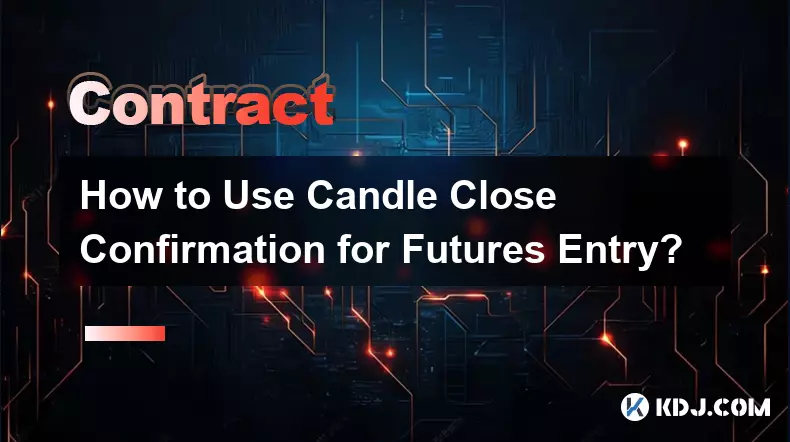
How to Use Candle Close Confirmation for Futures Entry?
Feb 05,2026 at 04:20pm
Understanding Candle Close Confirmation1. A candle close confirmation occurs when the final price of a candlestick settles beyond a predefined level, ...

How to Analyze Market Sentiment Using the Fear and Greed Index?
Feb 05,2026 at 07:40am
Understanding the Fear and Greed Index1. The Fear and Greed Index is a composite metric designed to quantify prevailing emotional states among cryptoc...
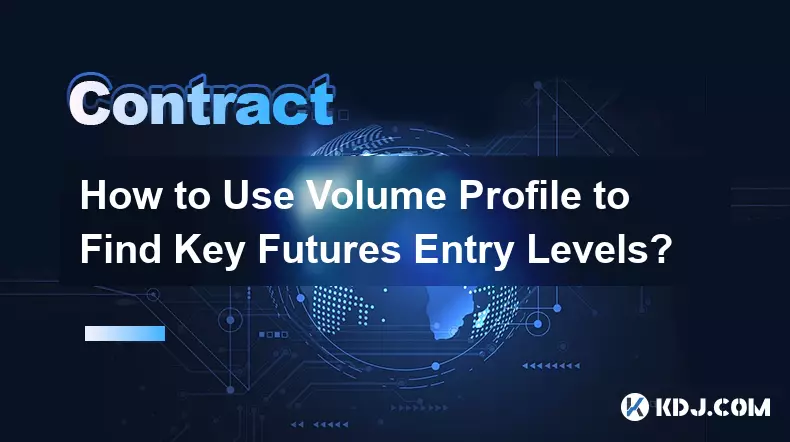
How to Use Volume Profile to Find Key Futures Entry Levels?
Feb 04,2026 at 11:39pm
Understanding Volume Profile Structure1. Volume Profile displays the distribution of traded volume at specific price levels over a defined time period...
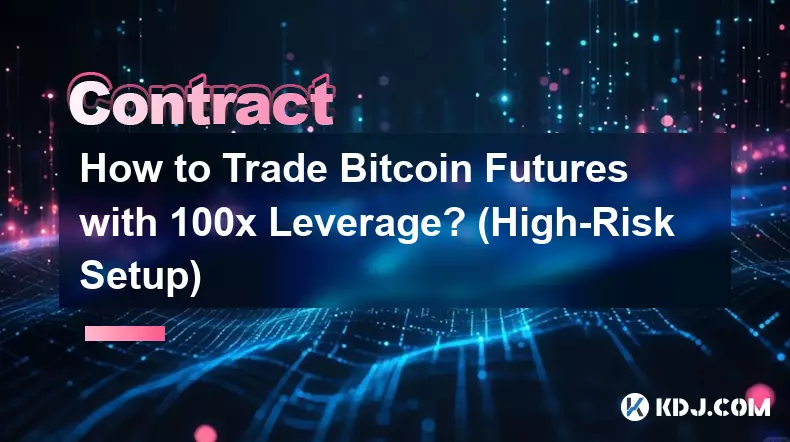
How to Trade Bitcoin Futures with 100x Leverage? (High-Risk Setup)
Feb 05,2026 at 11:00am
Understanding Bitcoin Futures Mechanics1. Bitcoin futures contracts represent agreements to buy or sell BTC at a predetermined price and date in the f...
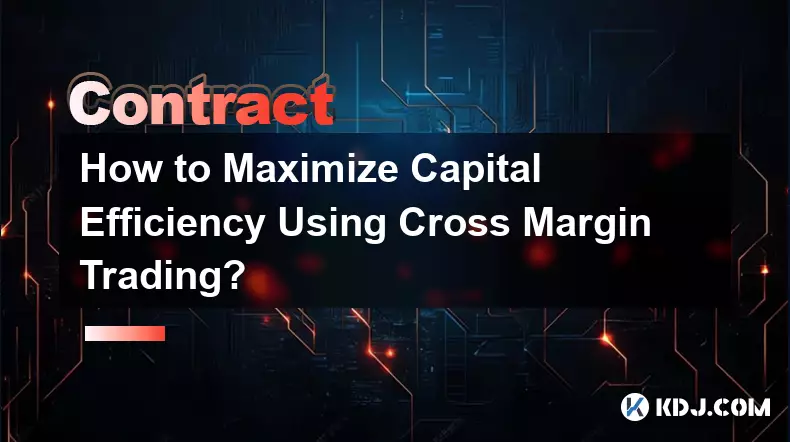
How to Maximize Capital Efficiency Using Cross Margin Trading?
Feb 05,2026 at 12:40am
Cross Margin Trading Fundamentals1. Cross margin trading allows traders to use their entire account balance as collateral for open positions across mu...

How to Manage Emotions and "Revenge Trading" in Futures?
Feb 05,2026 at 12:19am
Understanding Emotional Triggers in Futures Markets1. Market volatility directly impacts psychological states, often amplifying fear or euphoria based...

How to Use Candle Close Confirmation for Futures Entry?
Feb 05,2026 at 04:20pm
Understanding Candle Close Confirmation1. A candle close confirmation occurs when the final price of a candlestick settles beyond a predefined level, ...

How to Analyze Market Sentiment Using the Fear and Greed Index?
Feb 05,2026 at 07:40am
Understanding the Fear and Greed Index1. The Fear and Greed Index is a composite metric designed to quantify prevailing emotional states among cryptoc...

How to Use Volume Profile to Find Key Futures Entry Levels?
Feb 04,2026 at 11:39pm
Understanding Volume Profile Structure1. Volume Profile displays the distribution of traded volume at specific price levels over a defined time period...

How to Trade Bitcoin Futures with 100x Leverage? (High-Risk Setup)
Feb 05,2026 at 11:00am
Understanding Bitcoin Futures Mechanics1. Bitcoin futures contracts represent agreements to buy or sell BTC at a predetermined price and date in the f...

How to Maximize Capital Efficiency Using Cross Margin Trading?
Feb 05,2026 at 12:40am
Cross Margin Trading Fundamentals1. Cross margin trading allows traders to use their entire account balance as collateral for open positions across mu...
See all articles























![KING vs PAINIFY😳 (1v1 ZONEWARS) [FORTNITE TOKEN/WAGER] KING vs PAINIFY😳 (1v1 ZONEWARS) [FORTNITE TOKEN/WAGER]](/uploads/2026/02/05/cryptocurrencies-news/videos/origin_6984035326d58_image_500_375.webp)
![2/4 [U.S. Hot Search] CIA: Xi Jinping is a paranoid | Xi Jinping’s two phone calls | Shandong’s “Internet-addicted” teenagers rebelled against tyranny | A direct attack on the Chengdu hacker national team | Why GDP must grow by 5% | The bridge under construction by the China Railway 12th Bureau collapsed | Thousands of billions of dollars spent abroad and thirty billion domestic subsidies | 2/4 [U.S. Hot Search] CIA: Xi Jinping is a paranoid | Xi Jinping’s two phone calls | Shandong’s “Internet-addicted” teenagers rebelled against tyranny | A direct attack on the Chengdu hacker national team | Why GDP must grow by 5% | The bridge under construction by the China Railway 12th Bureau collapsed | Thousands of billions of dollars spent abroad and thirty billion domestic subsidies |](/uploads/2026/02/05/cryptocurrencies-news/videos/origin_69840a757417b_image_500_375.webp)

















































